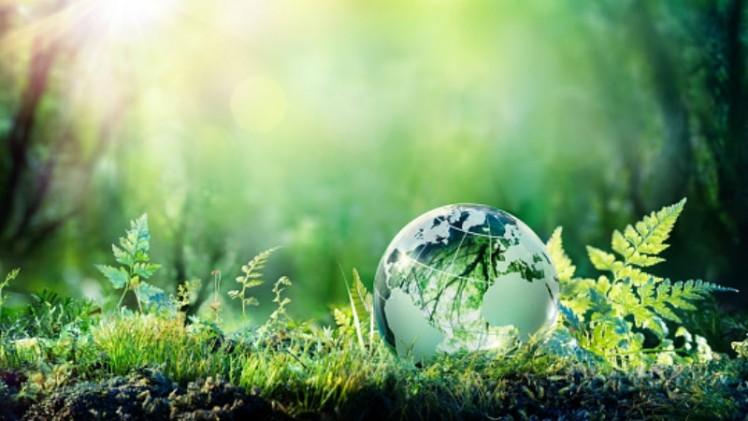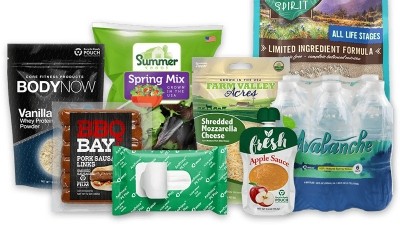Sustainability Snippets: South Korea approves recycled PET, Nestle paper packaging, Singapore container return scheme and more feature in our round-up

Safe for second use: South Korea approves recycled PET as material for new food and beverage containers
South Korea has given the nod for recycled PET plastic to be used as a material to make new food and beverage containers as part of its national sustainability strategy, citing work by international brands such as Coca-Cola and PepsiCo as an inspiration.
The South Korean government has been proactively pushing its sustainability goals to reduce its plastic waste production by half, as well as more than double recycling rates from 34% to 70% by 2030.
In the latest addition to its repertoire of recycling-related regulatory updates, the government has announced that from January 2023 recycled PET has been approved as a raw material to be used to make new food and beverage containers for use within the food and beverage system.
Paper power: Nestle moves plastic reduction ambitions one step closer to APAC region with Australia pilot
Nestle has moved one step closer towards its ambitions to reduce plastic packaging in the APAC region with its latest announcement of a paper packaging trial for chocolate in Australia, though its suitability for Asia’s hot and humid climate still remains to be seen.
Food and beverage giant Nestle has long been vocal of its ambitions to tackle plastic packaging usage and reduce the use of this in the name of sustainability.
Return to recycle: Singapore beverage firms supportive of government plans for beverage container return scheme
Beverage firms in Singapore have highlighted support for the local government’s proposed plans to implement a container return scheme in 2024, with supermarkets, convenience stores and residential common areas most likely to be the locations of collection.
The beverage container return scheme was first announced in government back in 2020, and discussion was more recently revived when the National Environment Agency (NEA) conducted a public consultation on the matter in late 2022.
Although the final results of the consultation are still pending release, Singapore Senior Minister of State for Sustainability and the Environment Amy Khor has highlighted the strong potential benefits such a scheme can bring to the local industry, saying that the incentive to make this scheme work in a cost-effective manner is strong because it would be owned and run by the industry.
“This will be a step forward in the way Singapore manages our packaging waste,” she said via a formal statement.
Palm oil trade war? South East Asia gears up to fight back against EU deforestation regulation
Major South East Asian palm oil producer countries are gearing up to retaliate against the European Union’s controversial deforestation regulation, with the situation rapidly devolving to the point that a trade war could be on the horizon.
The European Union (EU) parliament approved its long-debated deforestation regulation last year, and has not budged on its position despite long-time opposition from many producer countries worldwide, especially palm oil producing nations such as Malaysia and Indonesia in the ASEAN region.
Seaweed saviour? How ramping up production could be a food security and sustainability boon
Expanding seaweed farming would help address the planet’s food security and could contribute up to 10% of future diets, an ‘ambitious’ model by Australian researchers has shown.
They believe that integrating 10% of global diets with seaweed could spare up to 110 million hectares of land used for traditional farming. It would also reduce greenhouse gas emissions and provide annual water savings of almost 54.9 km 3 yr −1, and nitrogen savings of 20.4 Mt yr −1.
The research aimed to find out the global expansion potential of seaweed and the impact of seaweed utilization across diet, livestock feed and fuel production, and the environmental footprint of agriculture.















